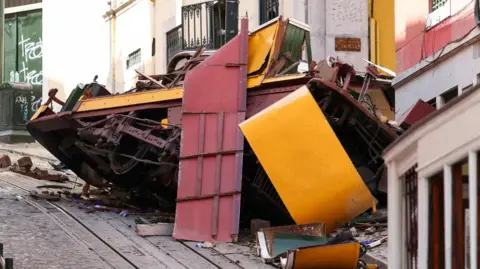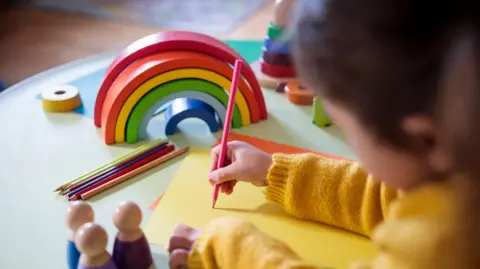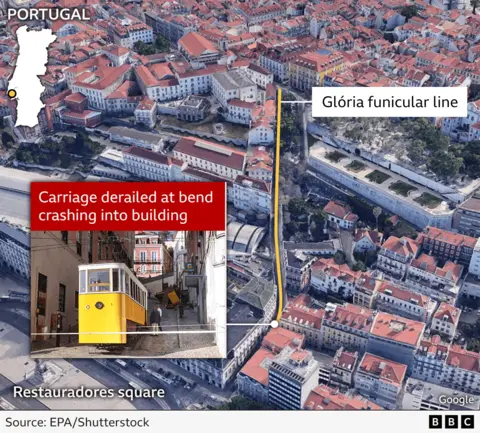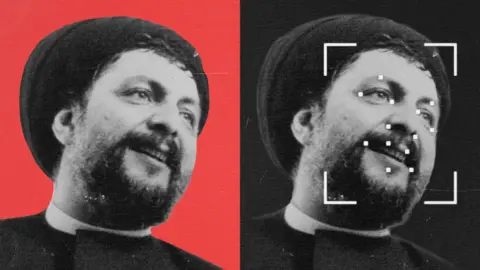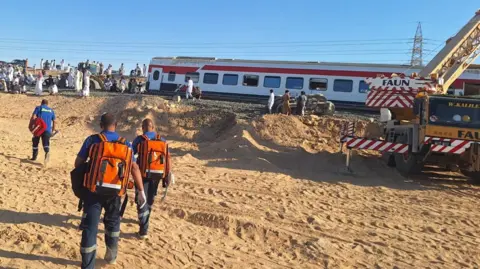The tragedy of Jeju Air Flight 2216 continues to unfold as bereaved families contest the investigation's findings, advocating for broader responsibility in a devastating incident that claimed numerous lives.
The families of victims from the December 2023 Jeju Air crash are voicing their outrage over a recently published report that attributed the tragedy primarily to pilot error. The crash involved Flight 2216, which struck a concrete barrier while attempting to land at Muan International Airport after a bird strike had severely damaged one of its engines. Out of the 181 individuals aboard, only two survived the disaster.
Delayed from its initial release due to public outcry, the investigation by South Korea's Aviation and Railway Accident Investigation Board found that the fault lay with the pilots, who mistakenly shut down the left engine, which was undamaged, instead of the right one, critically injured in the bird strike. However, victim's families argue that the report neglects critical elements contributing to the crash, such as the presence of the concrete barrier, which they believe exacerbated the accident's fatal outcomes.
"We want a thorough and impartial investigation that considers all aspects of this tragedy," said a representative of the families, insisting on a clearer focus on infrastructure and systemic issues rather than solely placing blame on the cockpit crew. They have condemned the finding that primarily highlights pilot judgement as inadequate, reflecting a deeper concern about safety standards at regional airports.
The Jeju Air pilots' union echoed similar sentiments, critiquing the emphasis on human error rather than acknowledging wider operational flaws. They argue that such perspective risks overlooking essential lessons that could improve aviation safety for future flights.
Meanwhile, as a response to the crash, South Korea's transport ministry has begun removing concrete barriers at various airports to prevent similar incidents. Additionally, families have taken the legal route, lodging complaints against Jeju Air's CEO for alleged professional negligence, alongside scrutiny of 24 individuals involved in the emergency procedures implemented on that fateful day.
With the crash investigation sparking debates over accountability and infrastructure safety, the enduring challenge remains for regulators, aviation companies, and families to ensure that systemic changes take precedence, emphasizing a shared responsibility to prevent further tragedies in the aviation sector.
The families of victims from the December 2023 Jeju Air crash are voicing their outrage over a recently published report that attributed the tragedy primarily to pilot error. The crash involved Flight 2216, which struck a concrete barrier while attempting to land at Muan International Airport after a bird strike had severely damaged one of its engines. Out of the 181 individuals aboard, only two survived the disaster.
Delayed from its initial release due to public outcry, the investigation by South Korea's Aviation and Railway Accident Investigation Board found that the fault lay with the pilots, who mistakenly shut down the left engine, which was undamaged, instead of the right one, critically injured in the bird strike. However, victim's families argue that the report neglects critical elements contributing to the crash, such as the presence of the concrete barrier, which they believe exacerbated the accident's fatal outcomes.
"We want a thorough and impartial investigation that considers all aspects of this tragedy," said a representative of the families, insisting on a clearer focus on infrastructure and systemic issues rather than solely placing blame on the cockpit crew. They have condemned the finding that primarily highlights pilot judgement as inadequate, reflecting a deeper concern about safety standards at regional airports.
The Jeju Air pilots' union echoed similar sentiments, critiquing the emphasis on human error rather than acknowledging wider operational flaws. They argue that such perspective risks overlooking essential lessons that could improve aviation safety for future flights.
Meanwhile, as a response to the crash, South Korea's transport ministry has begun removing concrete barriers at various airports to prevent similar incidents. Additionally, families have taken the legal route, lodging complaints against Jeju Air's CEO for alleged professional negligence, alongside scrutiny of 24 individuals involved in the emergency procedures implemented on that fateful day.
With the crash investigation sparking debates over accountability and infrastructure safety, the enduring challenge remains for regulators, aviation companies, and families to ensure that systemic changes take precedence, emphasizing a shared responsibility to prevent further tragedies in the aviation sector.







